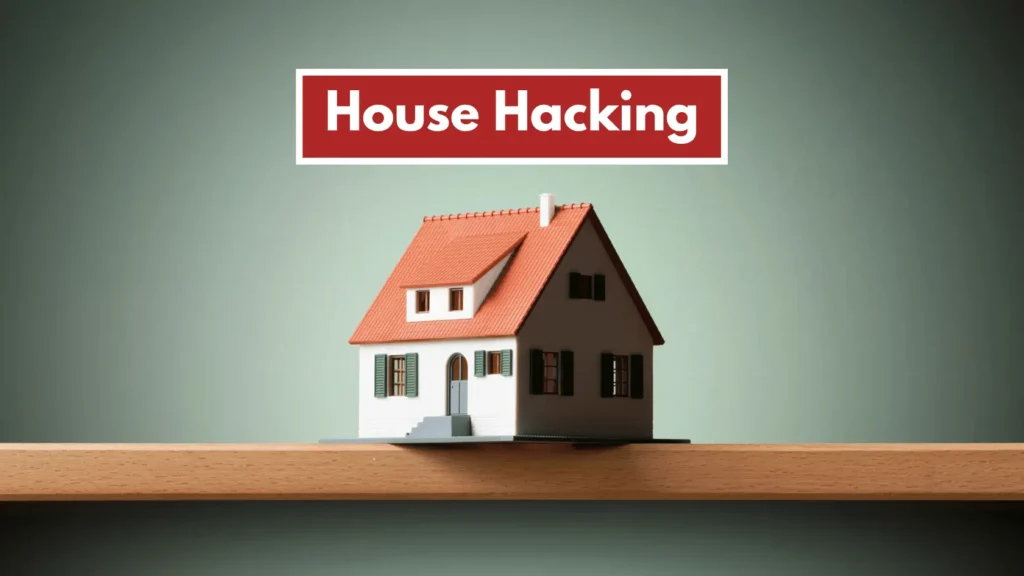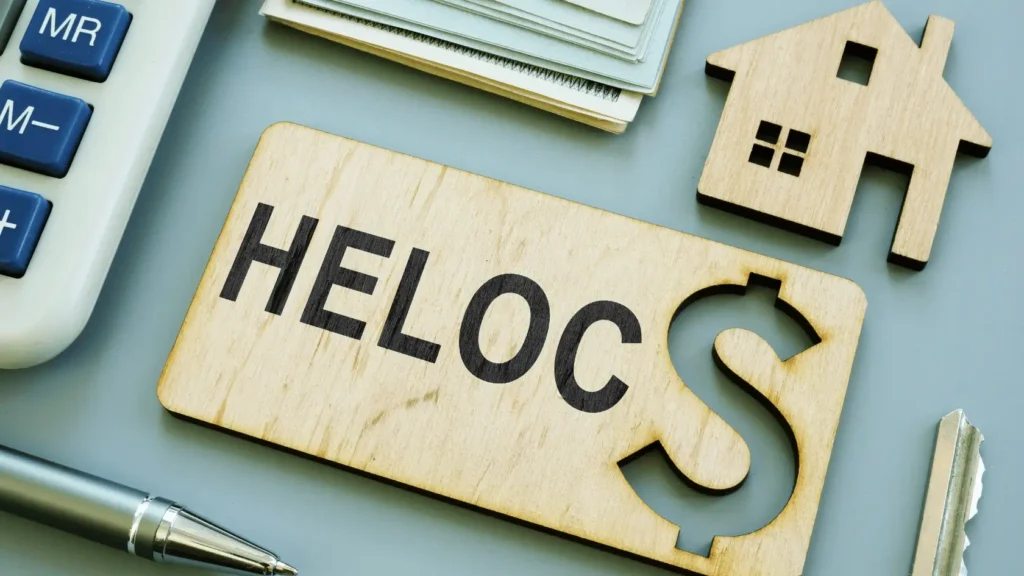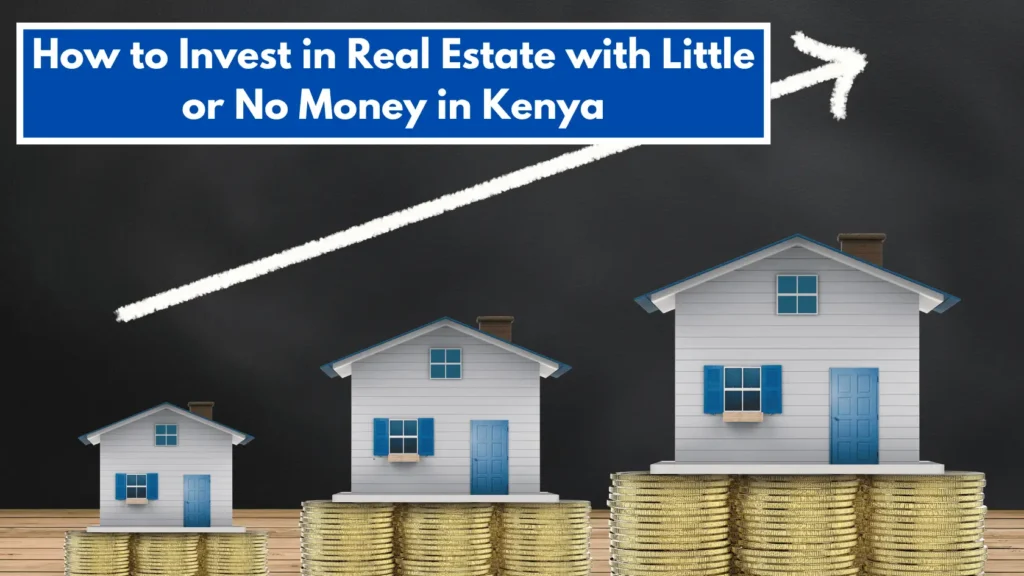Real estate investment is one of the favorite and tested strategies for most people in Kenya to build wealth, but this is hindered by most investors believing that they need a lot of money to enter this lucrative field. You should know that several ways exist how you can open a real estate business in Kenya with no or very little of your own down payment money. This detailed guide will cover the most advanced strategies to do on the initial investment in real estate and explore how to invest in real estate with little or no money in Kenya
Before we begin, let me emphasize that these strategies can act as the beginning of your real estate investing career with little resources, but you will still have to be disciplined, strong-willed, diligent, and ready to take calculated risks, which are the hallmark of the real estate investment business. Also, it is equally essential to carry out research and comprehend all the legal and financial implications of the different methodologies you may take into consideration before making any final decision. Nonetheless, real estate is one of the best assets that can make you rich in Kenya, and here’s how. Stick to the end!
Table of Contents
The Power of Leveraging Other People’s Money
One of the cornerstone practices that is always put into place for making a fortune out of real estate is leveraging other people’s money or OPM. It means that you have the exceptional ability to manage your valuable worth and at the same time invest less of your money. Understanding and implementing this approach would get you the same kind of success and help you realize unlimited possibilities that may have seemed unattainable before.
Here are 9 strategies for investing in real estate in Kenya with little or no cash today:
How to Invest in Real Estate With Little or No Money in Kenya
1. House Hacking

House hacking is a creative technique that lets you turn your home into an investment property. A great way to supplement your mortgage payment is by renting out a portion of your house, for example, a spare room or an additional independent dwelling unit (ADU). These units can lower your monthly payment or even make you mortgage-free.
One of the main advantages of house hacking is that it empowers you to be qualified for reduced residential mortgage terms with lower down payment and less strict credit requirements compared to investment property loans that are usually more demanding. Also, in this regard, the value of your property may increase and you will gain equity as time goes on. In addition, this approach will give you valuable experience as a landlord while investing in real estate with minimal upfront capital.
Nonetheless, if you decide to pursue house hacking, you should be prepared to deal with the challenges of being a landlord, such as screening tenants, handling maintenance issues, and potentially dealing with difficult renters.
Concerning the returns that you can expect, the median price of a residential property in Kenya provides an adequate standard to measure the rent receivable that a house hacking can give you. In other words, you can expect to make between:
- Ksh 6,000 – Ksh 15,000 for a bedsitter/studio unit
- Ksh 11,000 – Ksh 25,000 for a one-bedroom unit
- Ksh 20,000 – Ksh 40,000 for a 2-bedroom unit
They may differ greatly depending on the number of units in the building, the location of the property, the amenities it provides and its condition. Nevertheless, prime areas such as Nairobi, Mombasa and Kisumu generally attract high rental rates.
You should note that rental income is not the only reward source for house hacking. In addition to the tax benefits, the longer you stay in the home and make mortgage payments, the more you will raise your equity as the property value tends to increase. Therefore, depending on how soon you plan to sell or whether you need the equity for future investments, this equity will become a tool for those purposes.
In a nutshell, house hacking can be a wonderful approach for property investments with limited resources, where the investors still can enjoy the perks of homeownership while creating rental income and adding equity.
Also Read: How to Invest 100k in Kenya: 6 Best Proven Opportunities
2. Real Estate Partnerships

Working in strategic partnerships by pooling limited resources and making joint investments in real estate is one of the most-revenue-making strategies. With friends, relatives or other investors, you can pool all the financial sources and simultaneously share the risks and rewards.
Real estate partnerships may entail different structures like joint ventures, limited partnerships, or REITS (real estate investment trusts). In this scheme, one of the partners may be the major capital contributor whereas the other could provide management support and knowledge when required.
What about earnings? Let’s say you invest something like Ksh 50,000 in a Joint partnership with 10 partners who contribute an accumulated amount of Ksh 10,000,000 (each member investing different amounts of course), you could register a company, appoint a board of directors where you are the Chairman (and current CEO), and invest in
Also Read: How to Invest 1 Million Shillings in Kenya: Best Proven Risk-Free Ways
3. Seller Financing

Seller financing, also known as a purchase money mortgage, is a powerful strategy that can help you acquire a property with little or no money down. In this approach, the seller effectively acts as the lender, providing you with financing for the purchase, often at favorable terms.
Seller financing can be particularly attractive when conventional financing is difficult to obtain or when the seller is motivated to sell quickly. However, it’s crucial to carefully review and negotiate the terms of the agreement, including interest rates, repayment schedules, and any potential penalties or fees.
4. Lease Options

A lease option, also known as a rent-to-own agreement, allows you to lease a property with the option to purchase it at a predetermined price within a specific timeframe. This strategy is particularly appealing for those with limited funds, as it typically requires a smaller upfront payment (option fee) compared to a traditional purchase.
During the lease term, a portion of your rent payments may be credited towards the eventual purchase price, effectively building equity in the property. This approach can provide you with valuable time to save for a down payment or improve your credit score before exercising the option to buy.
5. Hard Money Lending

Hard money lending is a form of short-term financing provided by private lenders, often for real estate investment purposes. Unlike traditional lenders, hard money lenders primarily focus on the value of the property itself rather than the borrower’s creditworthiness or income.
While hard money loans typically come with higher interest rates and stricter terms, they can be a viable option for investors with limited funds or those seeking quick access to capital for time-sensitive deals. Hard money lending can be particularly useful for fix-and-flip projects or when traditional financing is not readily available.
6. Crowdfunding

Real estate crowdfunding platforms have emerged as an innovative way for investors to pool their resources and invest in real estate projects collectively. These platforms allow individuals to contribute smaller amounts, often as little as a few hundred dollars, towards the acquisition or development of commercial or residential properties.
By leveraging the power of crowdfunding, investors can diversify their portfolios and gain exposure to real estate investments that might otherwise be out of reach. However, it’s crucial to thoroughly research and evaluate the risks associated with each crowdfunding opportunity before investing.
7. Real Estate Investment Trusts (REITs)

Investing in REITs (Real Estate Investment Trusts) is a convenient and liquid way to gain exposure to the real estate market without directly owning physical properties. REITs are companies that own and operate income-generating real estate assets, such as apartment complexes, shopping malls, office buildings, or healthcare facilities.
By purchasing shares in a REIT, investors can benefit from the potential for capital appreciation and regular dividend payments. REITs offer diversification and can be a great option for those with limited capital, as they typically have lower investment minimums compared to direct real estate investments.
Related Reading: How to Invest in REITs in Kenya: Ultimate Beginners Guide
8. House Flipping

House flipping involves purchasing a distressed or undervalued property, renovating or improving it, and then reselling it for a profit. While this strategy can potentially yield substantial returns, it also carries higher risks and requires a significant amount of time, effort, and expertise.
For aspiring house flippers with limited funds, leveraging hard money loans or partnering with experienced investors can be a viable approach. Additionally, techniques such as the BRRRR (Buy, Rehab, Rent, Refinance, Repeat) strategy can help minimize upfront costs by utilizing rental income and refinancing to fund future investments.
9. Home Equity Loans and Lines of Credit

If you already own a property, you can tap into its equity by taking out a home equity loan or line of credit (HELOC). This strategy allows you to access funds for real estate investments while using your existing property as collateral.
Home equity loans provide a lump sum of cash, while HELOCs offer a revolving line of credit that you can draw from as needed. However, it’s crucial to carefully evaluate the risks and ensure that you can comfortably manage the additional debt obligations.
Leverage Technology and Educational Resources
In today’s digital age, numerous technology and educational resources are available to help you navigate the world of real estate investing with limited funds. Podcasts, online courses, blogs, and forums provide invaluable insights, strategies, and networking opportunities.
Additionally, consider utilizing our free Mortgage Calculator to easily calculate your potential monthly mortgage payments, taxes, insurance, and other expenses associated with a property. This tool can help you make informed decisions and accurately assess the financial viability of potential investments.
Conclusion
Investing in real estate with little or no money is not only possible but can also be a rewarding and lucrative endeavor. By exploring strategies such as house hacking, real estate partnerships, seller financing, lease options, hard money lending, crowdfunding, REITs, and house flipping, you can overcome the initial capital hurdle and begin building wealth through real estate.
However, it’s important to remember that successful real estate investing requires careful planning, due diligence, and a willingness to learn and adapt. Each strategy comes with its own set of risks and considerations, so it’s crucial to thoroughly research and seek professional advice when necessary.
By leveraging the power of our free Mortgage Calculator, you can gain valuable insights into the financial implications of your real estate investments and make informed decisions that align with your goals and risk tolerance.
Embrace the mindset of continuous learning, stay up-to-date with industry trends and best practices, and never hesitate to seek guidance from experienced professionals. With dedication, perseverance, and a well-executed strategy, you can unlock the potential of real estate investing and pave your way toward financial freedom, even with limited initial capital.


